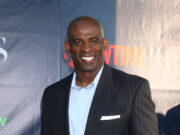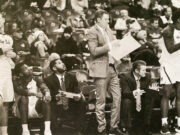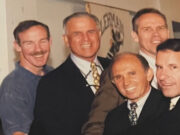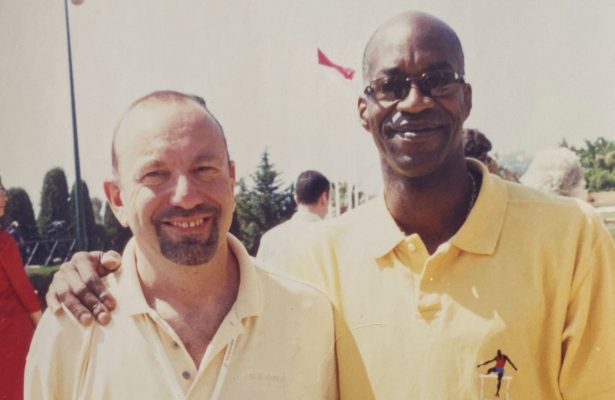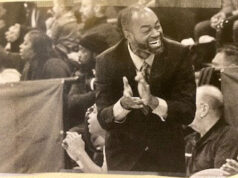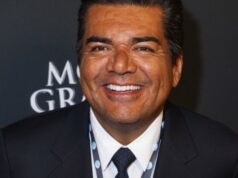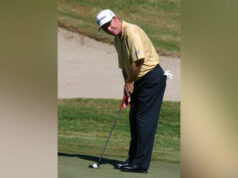With Paul Schienberg, Ph.D.
Edwin Moses is a three time Olympic Medallist winning the Gold medal in 1976 and 1984 as well as the bronze in 1988. The U.S. boycott of the 1980 Olympics probably cost him another Olympic Gold medal. He received his Bachelor’s Degree from Moorehouse College and an MBA from Pepperdine University. Mr. Moses is currently the chairman of the Laureus World Sports Awards, an organization that attempts to better the world through sports. Psyched caught up with him during this year’s ceremony held in Monaco.
PSYCHED: What were a couple of mental approaches that you used to explain your athletic success?
Moses: I was always more of an academic than a jock. I used biomechanics to save time when I was competing. In particular, I studied German and Russian biomechanics. I was always a mean and lean athlete- not tall- not large. I overcame size with mechanics. Stretching was a major part of my preparation. I stretched with a ballet dancer. I began to think of myself as a ballet dancer. I was the best player/coach that ever lived.
P: What external obstacle did you have to overcome in order to become a great track and field athlete?
M: I went to Moorehouse College. There was no track and field there. So I had to brake into facilities that had tracks in order to practice. It was sort of like “Rocky”- I used whatever I could to get better.
P: What competitor had the greatest impact on you?
M: One of my major competitors was Harold Smith. Smith beat me in 1977. I was loafing during that competition. It was until two decades later that I lost again. I always had to keep improving my skills in order to remain competitive and keep winning.
P: How did you deal with injuries over your long career?
M: I never struggled with injury problems because of my preparation – in particular my stretching.
P: What contribution to amateur athletics stands out for you?
M: Sebastian Coe and I were the first track and field athletes to make money doing it.
P: What were your plans academically?
M: I wanted to go to medical school. But, I never got a college scholarship.
P: Can you tell me how your parents effected your athletic career?
M: Both parents supported my becoming a world class athlete. My father was an all-American football player. My mother played tennis. My father was also a principal of a school and mother was a curriculum advisor. Both were educators. They were from Ohio. They were strict. I always got my work done before playing.
P: What does the Laureus award mean to you?
M: In digital world, sport provides opportunity to bring people together. Also, Laureus wants to explain to kids that they already have skills – that it is only a matter of working on them.
Originally Published 2002

